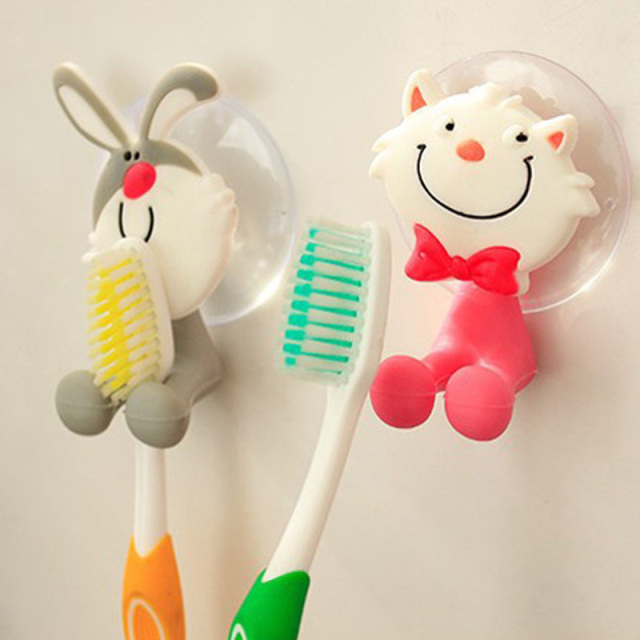The most common symptoms of tooth decay are a bad taste and/or bad smell in the mouth, chewing or jaw pain, or some tenderness or swelling around the tooth. These symptoms may appear suddenly, or they may be preceded by a period of time when nothing noticeable happens. We believe that good dental care shouldn’t break the bank. Dental treatment in Udaipur at competitive prices so that everyone can have a healthy smile.”
A tooth decay is a type of infection that happens when bacteria from your mouth gets into the body of your tooth. While some people are able to fight off cavities and stop the progression toward the need for dentistry, others can’t prevent damage to their teeth. Tooth decay is a health problem that can occur in one of several ways and is caused by harmful bacteria (acid producing organisms).
MOST COMMON SIGNS AND SYMPTOMS TO DETECT CAVITIES:
1. Striking Discoloration or Dark Spots
If a tooth, or teeth, is missing from the mouth and left unattended, the body’s natural defences will attempt to heal and repair this injury. Due to an absence of collagen for critical support, fluids in the oral cavity enter areas where there shouldn’t be any. For example, a filling can leave behind discoloration or dark spots as a result of decaying blood vessels which were once underneath the tooth’s enamel surface.
These changes on your teeth may also include cavities, sensitivity to hot or cold foods and drinks, decay under the enamel that causes gum problems and pain when chewing, or small cracks and chipped surface. Common symptoms of tooth decays are striking discoloration or dark spots on the teeth, as well as a root exposed if decay is advanced enough. If you are experiencing any of these symptoms and suspect you may have an oral infection, schedule a consultation with a dentist to be screened for possible dental problems.
2. Undesirable Taste and foul Breath
Tooth decay is more widespread than many people realize and it can result in a number of undesirable consequences. The common symptoms include undesirable taste, foul breath, and dental discomfort. Myths and stereotypes often surround it; however, a lot of people are unaware of the dangers associated with this condition. If you believe you or someone you know has this problem, don’t hesitate to contact your dentist immediately.
3. Sensitivity while consuming anything hot or cold
It may not be so obvious to your dentist, but some people are sensitive when it comes to consuming anything hot or cold. Sensitivity to hot or cold things has been a long standing problem for many people who have teeth that are affected by tooth decay. This is because when teeth are affected by tooth decay, the affected area can become sensitive to hot/cold temperatures and even extreme temperatures like wind while out at work or while in confined spaces.
4. Irritation and Pain
Tooth decay is a pretty common dental problem, especially if you regularly drink soda. This can cause tooth erosion and cavities. As your teeth begin to weaken, they lose their ability to hold up against the high acid levels present in soda. The oral cavity is protected by an alarming array of soft tissue, mucosal and bone barriers. The gums, tongue and cheeks in particular are vulnerable to damage because they lack the support of saliva and connective tissue. This may cause irritation, pain or even bleeding if there is a puncture into the oral cavity.
5. Holes or craters on teeth
If you’re concerned about holes or craters on your teeth, you are not alone–hundreds of millions of people in the world have them. Tooth decay is a common bacterial infection that attacks teeth. This can happen when you have underlying decay, have stopped brushing, or have neglected oral health for an extended period of time. If left untreated the hole or crater on the tooth will get bigger and cause pain and bleeding during chewing or drinking water.
6. Gums that are swollen or bleeding
Gum pain, bleeding gums and swollen gums are common symptoms of tooth decay. They can be a sign that you’ve got cavities. Most people don’t have any problems with their teeth until they have some serious periodontal disease, which means that their gums have become inflamed and filled with bacteria. If you are suffering from painful swollen gums that bleed, then you may be suffering from a condition called gingivitis.
Measures to prevent tooth decay and cavities:
1. Maintain a Healthy Diet
Diet is set to be the number-one factor in preventing tooth decay. A healthy diet is essential for successful oral health, but your teeth also need the right type of food at the right time. Your mouth needs food for the function of your other organs — blood circulation and digestion in particular. So it’s important not just to focus on what you eat but also when you eat and how much.
2. Use Fluoride Toothpaste
Use fluoride toothpaste every day to prevent tooth decay. It is recommended that you brush your teeth twice a day — once in the morning right after breakfast and again before bed. Cavities in teeth can happen quickly and can be difficult to amend. One way of helping prevent cavities is by using fluoride toothpaste. This can help harden the enamel on your teeth, which means they will stay strong and healthy for a long time.
3. Floss Every Day
Flossing is one of the simplest and most effective ways to prevent tooth decay, but it’s one of the most overlooked habits. Everyone knows they should floss every day, but most of us don’t follow through. This is easy to fix! Simply get yourself a new dental floss pick and some scissors and draw them next to each other. Next time you’re brushing, use the pair of scissors and floss between your teeth.
4. Get routine dental check-ups
Swallowing food too quickly and not chewing properly can cause you to have cavities, which are small holes in your teeth that become painful when they fill up with bacteria. There are several measures you can take to prevent tooth decay and cavities, including getting regular dental check-ups.
The best way to keep your teeth healthy is to maintain them with a routine yearly check up with our dentist. This will help us identify any problems that may be history. Choose your best dental clinic and go for regular routine.



